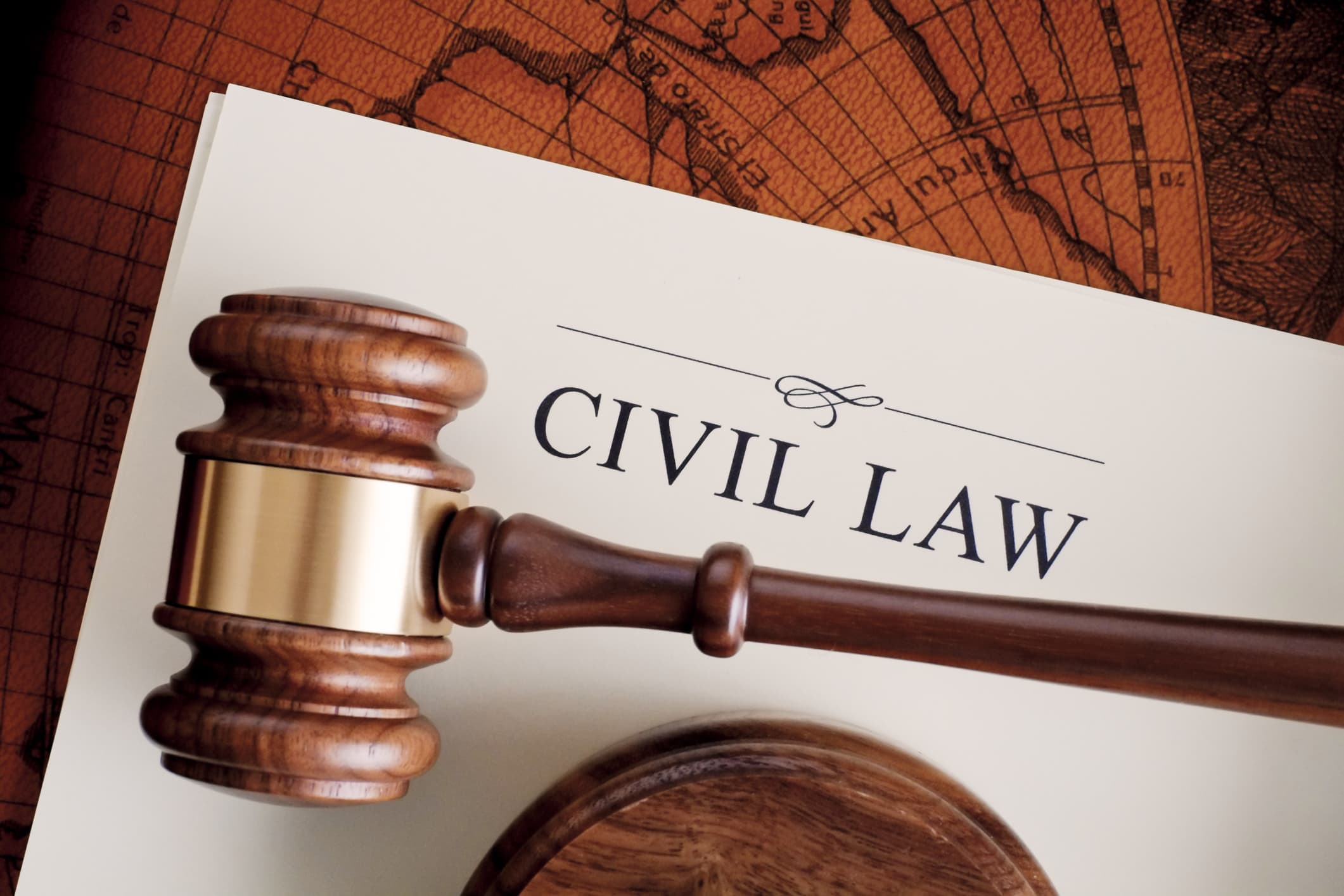
Before starting the proceedings for litigation, the claimant must contact the defendant and attempt to settle the issue outside the court. If it is settled, litigation can be avoided and both parties can save a great deal of time and money.
If, however, the issue cannot be settled, then there are 3 key stages of civil litigation. Each stage involves a set of procedures that must be followed.
Stage 1: Pre-Litigation
The first stage is the time period before the involvement of court and the issue of court proceedings.
Both parties must openly exchange information and documents that apply to the case. This creates a cooperative environment and allows each party to evaluate whether they have a strong case or a weak one.
If one of them feels that their case is weak, he can withdraw the case and make a fair settlement outside the court. On the other hand, if a party feels that their case is especially strong, they can go ahead with the court proceedings.
Depending on the type of dispute in question, the pre-litigation protocols may vary. The primary aim of all such protocols is to help you settle the case outside the court. If that’s not possible, the protocols also help you make your case stronger inside the court.
If either party fails to adhere to the necessary protocols, the court intervenes and may apply penalties to make sure that both parties begin the court proceedings on even footing. In some cases, the penalties have been enormous amounts of fine.
Make sure to take advice from a reputed litigation solicitor who can help you through the pre-litigation stage.
Stage 2: Litigation or Court Proceedings
If the issue remains unsettled during pre-litigation, the next step is to file the claim at an appropriate court.
Note: If the claim is £50,000 or under, it can be handled by a County Court. If the claim is higher than £50,000, it needs to be filed in the High Court.
Once the claim is filed at the court, the defendant must file a defence if he wants to contest. If he does not, the court rules in favour of the claimant and the defendant becomes liable to pay the full settlement amount.
After the defence is filed, the matter is assigned an appropriate track depending on the settlement amount. Both parties are then given directions on how to proceed. They may be required to exchange witness evidence and disclose their preparation for the Trial and other relevant information.
In the final hearing, also called as Trial, the settlement amount is decided and the Court passes an enforcement order. In most cases, the losing party will also be required to pay the court fees on behalf of the winning party.
Stage 3: Post-Litigation
The need for this stage arises only if either party has an issue with the final judgement. Perhaps the losing party feels that a certain detail which would help their case was not brought out or given the needed attention. So, they may want to appeal the case.
Another situation could arise. The losing party may not clear the settlement amount on time or may refuse to clear it. In such situations, the post-litigation stage becomes crucial. Bailiffs may have to be involved to ensure compensation as well as to enforce additional penalties.
Irrespective of which stage you are in or even if in the middle of court proceedings, if you require any expert advice kindly do not hesitate to contact our over 20 years experienced litigation solicitors today.